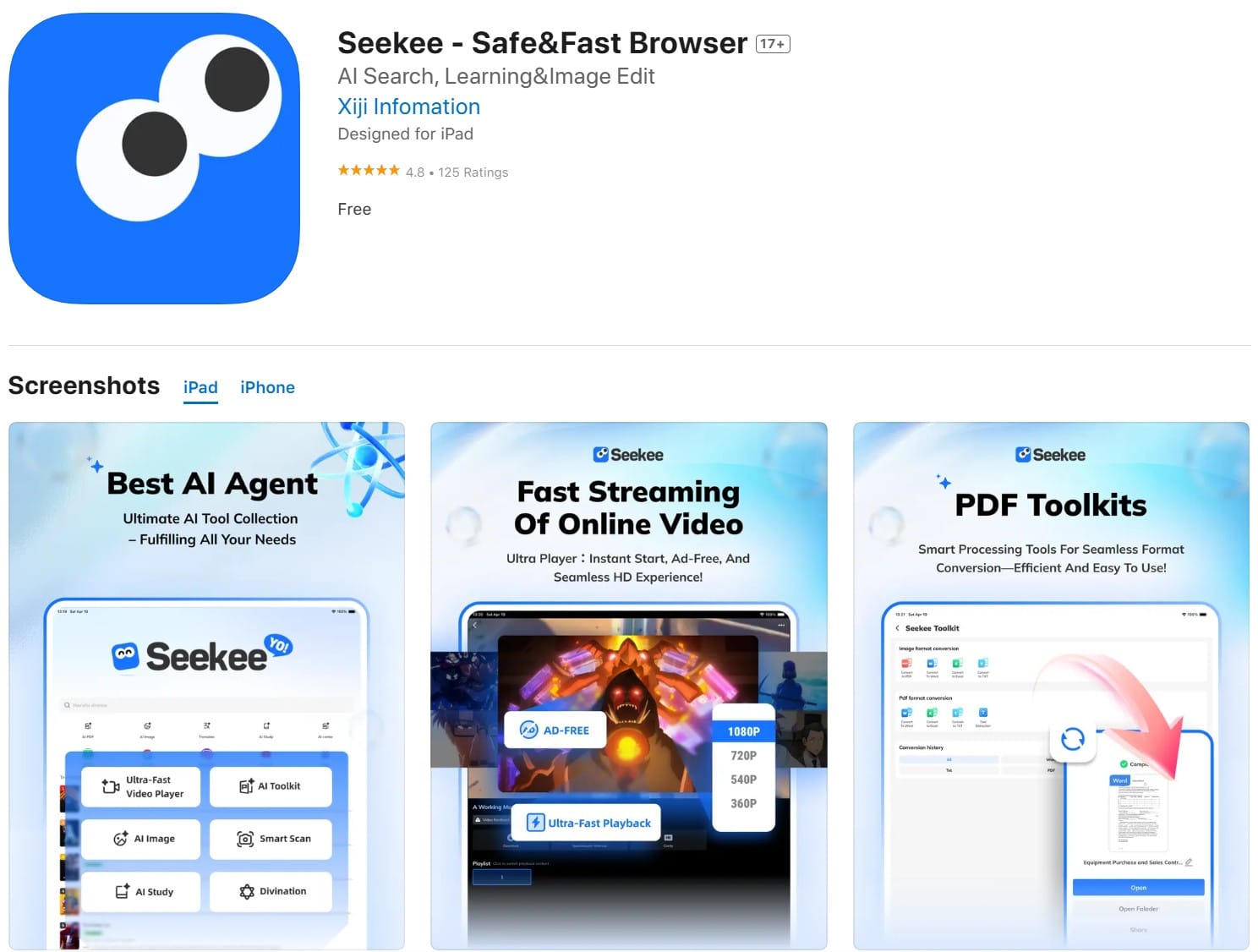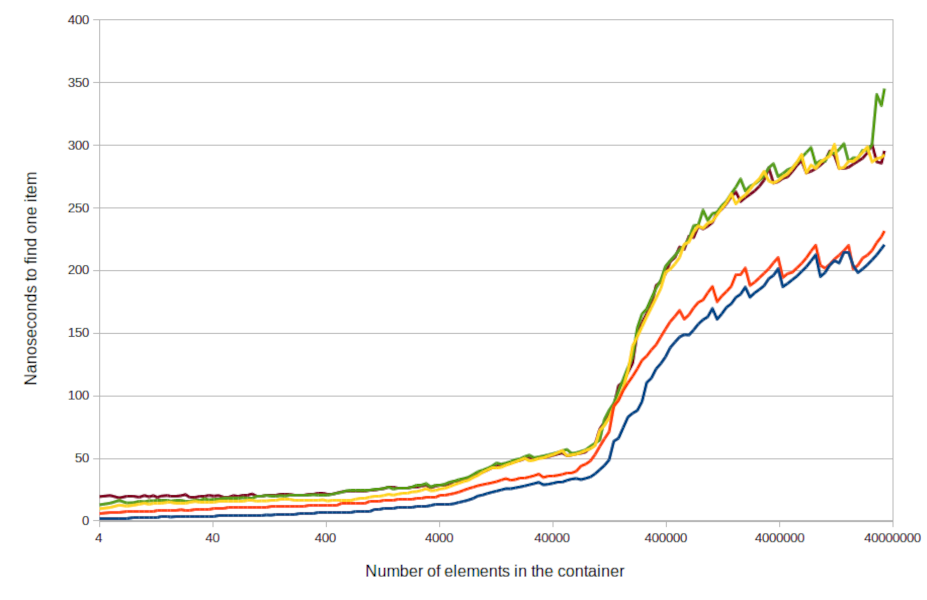Privacy Concerns Arise as Apps Monitor Smartphone Users via Microphones

In an era marked by growing concern over privacy, a new report reveals that hundreds of mobile applications and games are covertly monitoring smartphone users through their device microphones. This invasive technology is capable of recognizing audio even when a phone is tucked away in a pocket, or when the apps are running in the background, raising questions about user consent and surveillance.
Advertisers have found a lucrative opportunity in this data collection, as it enables them to gain insights into consumer behavior and target advertisements more effectively. One of the primary players in this controversial field is Alphonso, a startup that has developed software that discreetly gathers data about people's TV viewing habits and sells this information to advertisers.
Reports indicate that approximately 1,000 games and social apps utilize Alphonso's technology, with over 250 of these apps readily available for download on Google Play, as well as a select few on Apples App Store. While Alphonso has not disclosed the full list of apps integrating its software, several popular titles, including Pool 3D, Beer Pong: Trickshot, Real Bowling Strike 10 Pin, and Honey Quest, have been confirmed to feature this technology.
To help users identify these applications, The New York Times suggests searching for terms like Alphonso automated and Alphonso software in Google Play to uncover more apps that are potentially monitoring users without explicit consent.
Alphonso's software operates by utilizing a smartphone's microphone to capture ambient sounds, which it then analyzes to determine what the user is watching on television. In its defense, the company has stated that its technology does not record personal conversations and insists that the functionalities of its software are transparently detailed in app descriptions and privacy policies.
For instance, the description for the game Pool 3D clearly states, This app is integrated with Alphonso Automated Content Recognition (ACR) software provided by Alphonso, a third-party service. With your permission provided at the time of downloading the app, the ACR software receives short duration audio samples from the microphone on your device. It further clarifies that, Access to the microphone is allowed only with your consent, and the audio samples do not leave your device but are instead hashed into digital audio signatures.
These digital signatures are then compared against a database of known commercial audio content, which includes everything from television shows to advertisements. If a match is identified, Alphonso may utilize this information to serve more relevant ads to the users mobile device. The company reassures users that the ACR software is designed exclusively to match commercial audio and does not interpret human conversations or other environmental sounds.
Ashish Chordia, CEO of Alphonso, mentioned in an interview with The New York Times that the startup collaborates with film studios. These partnerships allow Alphonso to receive audio snippets in advance of a films release, which enhances the softwares ability to identify content accurately.
Moreover, Chordia revealed that Alphonso has an agreement with Shazam, the music identification app, which aids in analyzing audio collected by Alphonso, further enriching the data sold back to the company.
For those concerned about their privacy, there are steps individuals can take to mitigate this type of monitoring. Users can deny microphone access to apps that do not necessitate such permissions. On Android devices, one can navigate to Settings, select Apps & Notifications, then App Permissions, and finally Microphone. For iPhone users, the path is through Settings and then Privacy.























